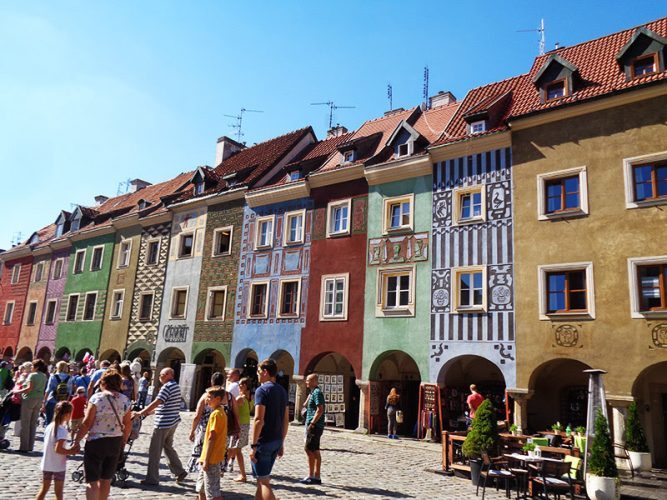

Although there was a will to clearly support the European perspective of the Western Balkans, especially from the host country, the division of EU member states on this issue left theconclusions from the Poznan summitin the shadows.
The Poznan summit offered new elements within the Berlin Process framework, especially with theThink Tank Forum, as well as by involving civil sector representatives via a ministerial meeting in which the Poles showed great confidence in what the Balkan non-governmental sector could bring to the table. As a participant in that meeting, I was also frustrated that I had to come up with something really important, with just three minutes available, which should substantially change the approach of regional and EU decision makers. Did my colleagues from the civil sector and myself succeed in doing so? Yes, but partly. Did we meet with interest from the other side of the table? I’m not convinced. Short exposures by ministers have shown that the region is deeply divided, that good-neighbourly relations are still challenging for some countries, and that the EU ministers can only declaratively support the process without a mandate for offering something new and promising.
There is nothing questionablein the messages from Poznan: the EU should open accession negotiations with North Macedonia and Albania; it should clearly and precisely name all the elements of captured states in the Western Balkans; it needs to improve the tools it has at its disposal to help democratisation and speed up the transformation of the region. The only thing that could be argued is that we do not know if the EU is able and willing to fulfil them. These messages clearly show that without the EU’s mentoring role, the Western Balkans have no capacity to build democracy from within and even less to pretend to do so if there is no clear path towards EU membership. Unfortunately, this overshadows all the other, rather successful initiatives that have taken place within the Berlin Process, since the rule of law, and therefore democratisation, remain absent. Nevertheless, observations that the EU will lose its credibility and transformative power if it is not able to further consolidate and integrate do not bother all the leaders of this supranational community equally.
As for the format of the Summit itself, there is still plenty of room for improvement in the sense of more concrete follow-up activities, more accurate reporting and assuming specific obligations. The fact that the summit next year will be co-organised by Bulgaria and North Macedonia is encouraging for the further resolution of bilateral disputes, but it is unclear what atmosphere it will be organised in and whether it will even make any sense if it is not accompanied by stronger and complementary action from other levels within the EU.